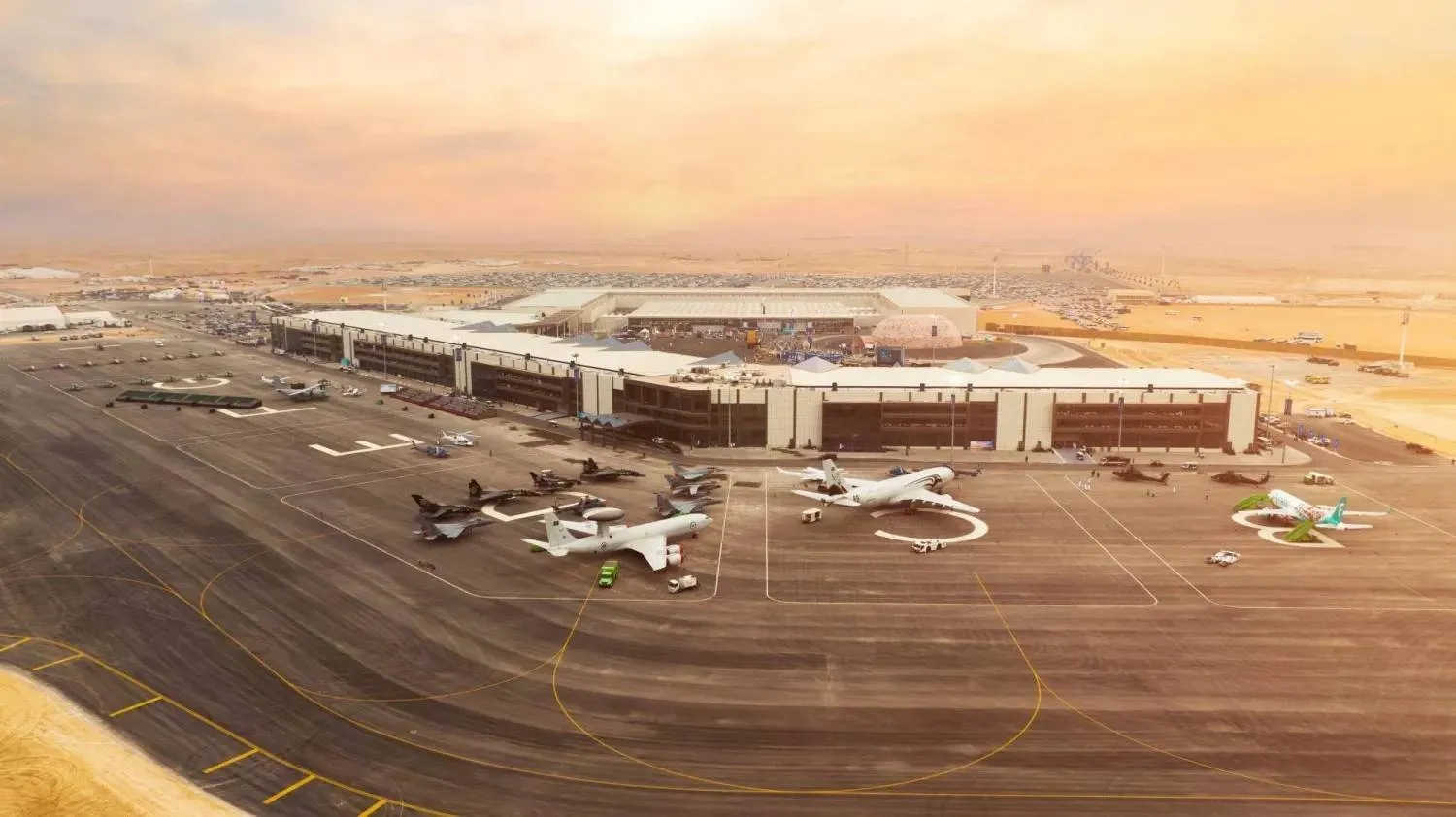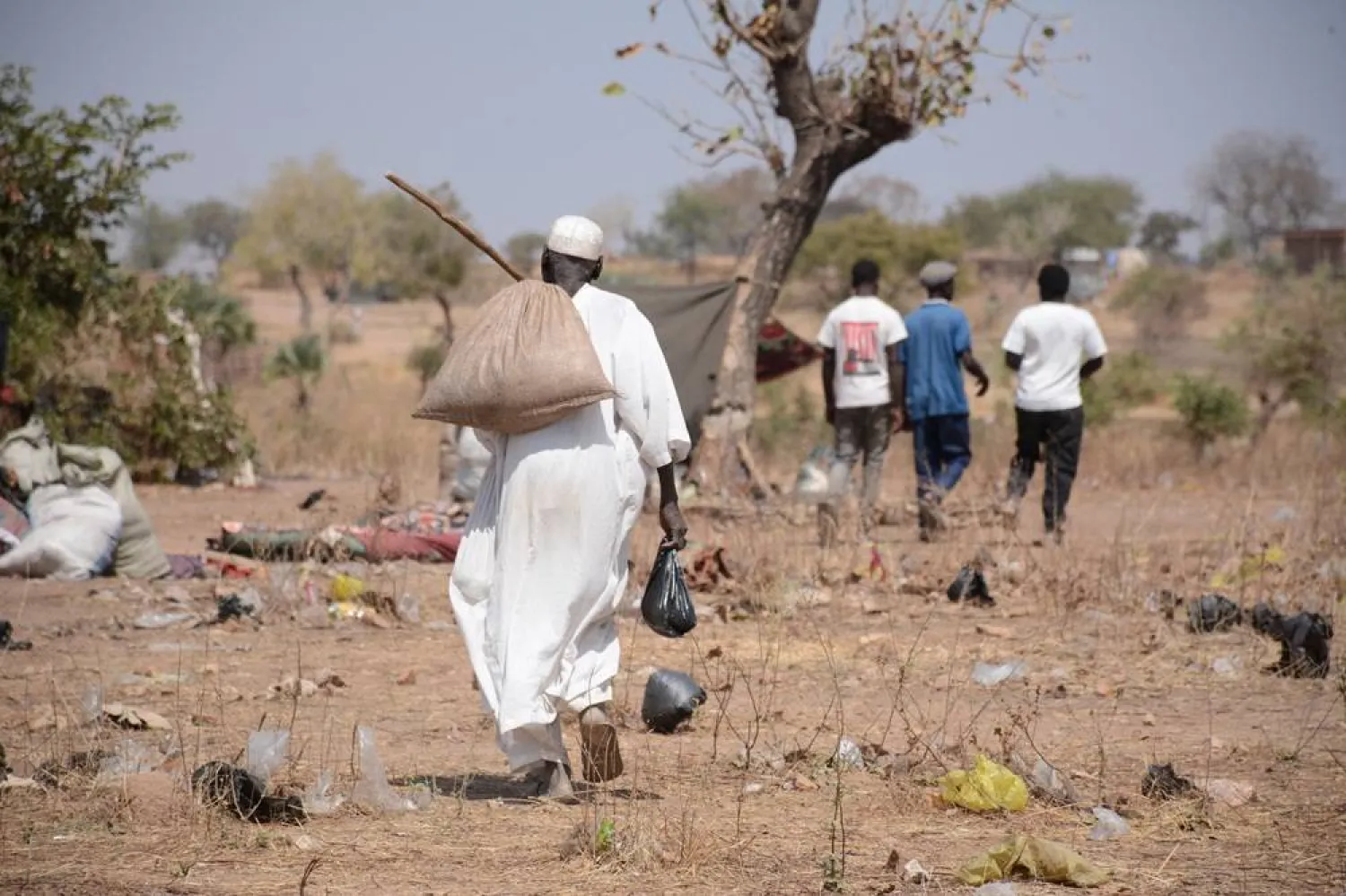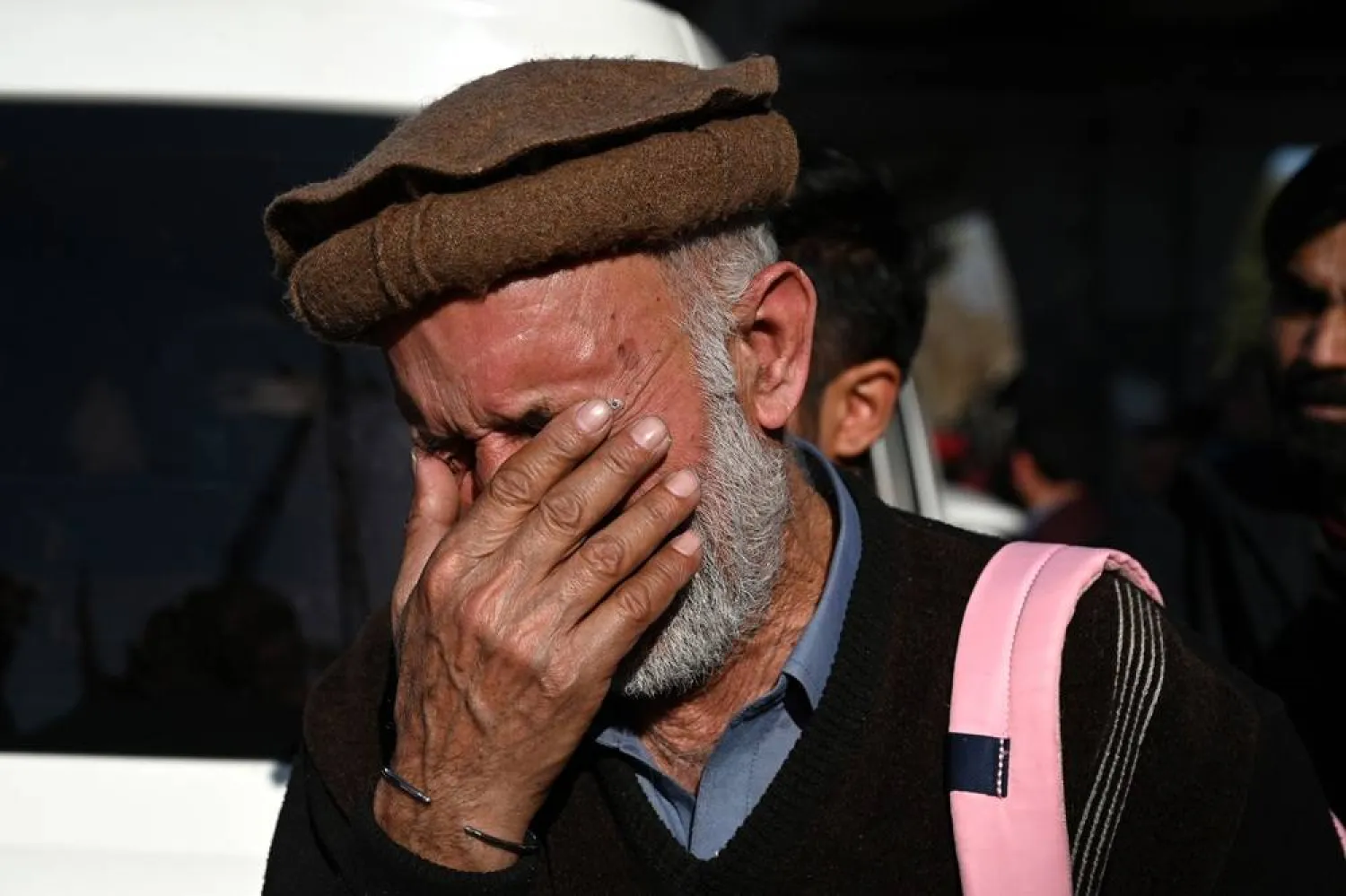Kuwait is celebrating on Saturday its 62nd National Day and the 32nd anniversary of liberation, an occasion during which the emirate reaffirms its achievements throughout its six decades of independence, and the economic and political position it holds in the Gulf, Arab and international map.
The National Day commemorates the creation of Kuwait as a nation in 1961, while Liberation Day marks the end of the Iraqi occupation during the Gulf War in 1991.
Kuwait gained its independence from Britain on June 19, 1961, when late Emir Sheikh Abdullah Al-Salem Al Sabah, the 11th ruler of the country, signed the Declaration of Independence with the British High Commissioner in the Arabian Gulf Sir George Middleton.
On May 18, 1964, it was decided to change that date and merge it with Feb. 25, which coincides with the anniversary of late Emir Abdullah Al-Salem Al Sabah’s ascension of the throne, in honor of his recognized role in the independence of the country and the consolidation of its democracy.
Saudi-Kuwaiti relations
A report by the Saudi Press Agency underlined the importance of Saudi-Kuwaiti relations, which cover cooperation in all fields and resulted in the establishment of the Cooperation Council for the Arab States of the Gulf.
On August 2, 1990, during the Iraqi invasion of Kuwait, Saudi King Fahd bin Abdulaziz and Emir of Kuwait Sheikh Jaber Al-Ahmad Al Sabah led the diplomatic efforts that gained international momentum for the liberation of the country.
Saudi-Kuwaiti bilateral ties were further consolidated when the Saudi government, under the leadership of Custodian of the Two Holy Mosques King Salman bin Abdulaziz approved the establishment of the Saudi-Kuwaiti Coordination Council.
During a visit to Kuwait in September 2018, Prince Mohammed bin Salman, Crown Prince and Prime Minister, emphasized the depth of the close historical relations between Riyadh and Kuwait. He also visited the Kuwaiti capital in December 2021, and oversaw the issuance of a joint statement that consolidated aspects of cooperation and promotion of direct investment.
The Saudi Crown Prince agreed with the Kuwaiti leadership on the need to unify efforts, overcome obstacles and exchange investment opportunities in various fields, such as health, tourism, food security and human development, especially in the youth sector and women’s empowerment, as well as cooperation in the areas of digital transformation and cyber-security.
Economic prosperity
The development plan in Kuwait is part of a comprehensive strategic vision that extends 25 years until 2035. It aims to transform Kuwait into an attractive financial and commercial hub, in which the private sector leads economic activity, fuels the spirit of competition and raises production efficiency.
Kuwait is striving through its Vision 2035 to transform the country into a global financial and commercial center that attracts local and foreign investments.
One of its leading projects is the Silk City (Madinat al-Hareer), which is located on the waterfront, in the Subbiya area. The project area stretches over 250 square kilometers, and its completion is expected to take approximately 25 years, at an estimated cost of $86 billion. Once completed, the project will place Kuwait on the global economic, investment and tourism map.









